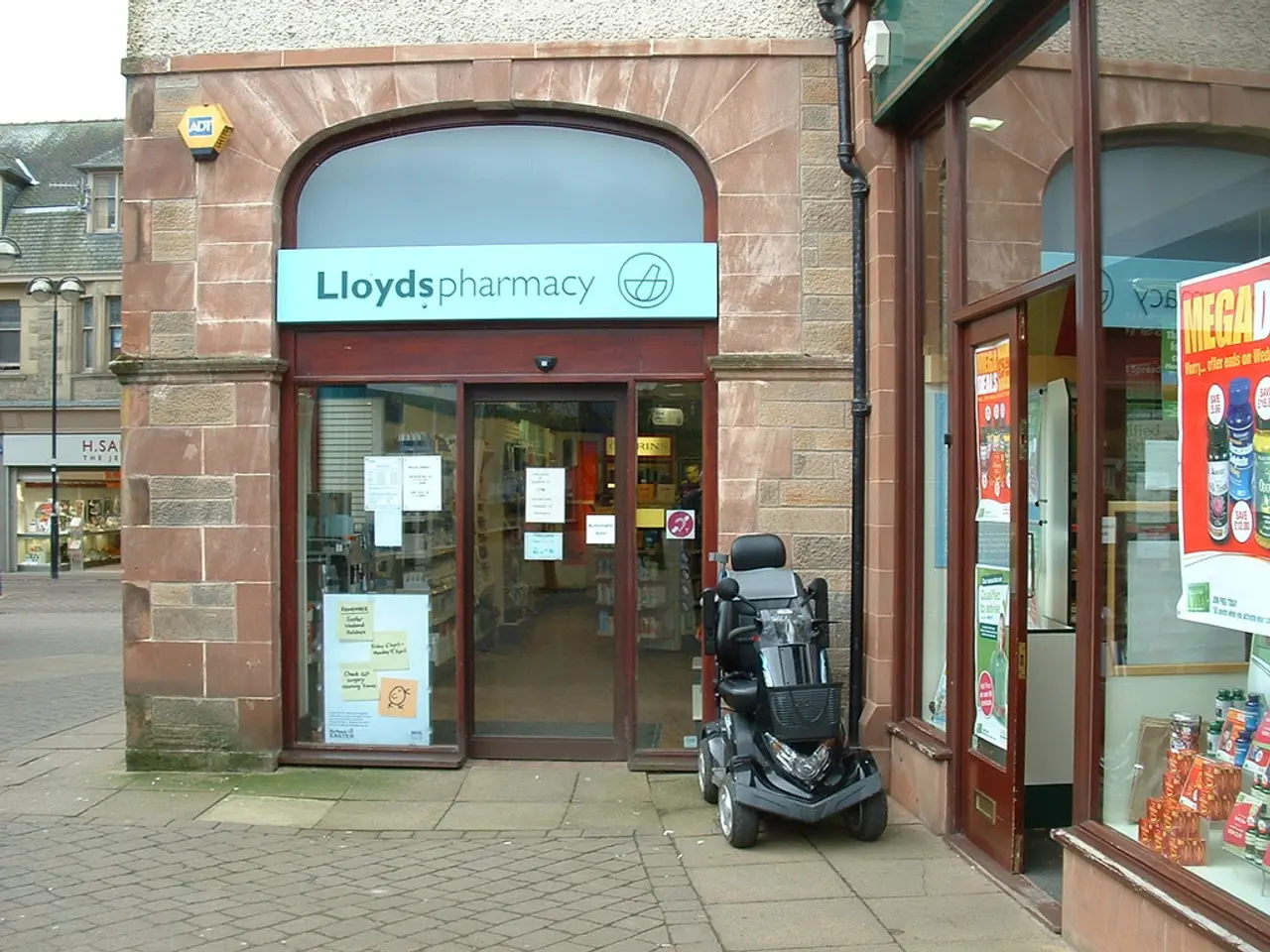"Initially, it was a moment of shame.": The 1000-day venture of Advantage Health Africa
Advantage Health Africa (AHA), a Nigerian healthtech startup founded in 2017, was born out of Abimbola Adebakin's personal struggle to find basic medication. Adebakin, motivated by a religious scripture, refused to give up on her mission to improve access to medicine in Nigeria.
From its inception, AHA has focused on leveraging technology to bridge gaps in pharmaceutical availability and distribution. The company's flagship platform, MyMedicines, powers an increasingly digitised ecosystem through its proprietary inventory visibility platform, The Advantage. AHA runs two interlinked businesses: direct-to-consumer through MyMedicines and business-to-business distribution.
The journey for AHA has not been without challenges. The deeply entrenched health system issues in Nigeria, such as limited healthcare financing, poor health infrastructure, and high out-of-pocket expenses for patients, make access and affordability difficult. Distribution and logistics difficulties in reaching underserved and rural areas, where the demand for reliable access to medicines is critical, also pose significant hurdles. Navigating regulatory and infrastructural hurdles in Nigeria's healthcare sector has been another challenge.
Despite these obstacles, AHA has made significant strides. The company has successfully built a digital platform that connects pharmacies, manufacturers, and consumers, increasing efficiency and transparency in medicine supply. This has contributed to improving medicine availability and accessibility at the community level, potentially reducing the burden of medicine stockouts.
AHA's successes are evident in its operational milestones. The company raised approximately ₦300 million (~$1M at the time) in naira from angel investors in 2019-2020. AHA started with consulting gigs and training services before launching MyMedicines, a direct-to-consumer service. MyMedicines saw a significant increase in revenue during the COVID-19 pandemic as people couldn't leave their homes.
AHA's branded generics, such as GT Plus and Real C Brazil, are now thriving in the market. The Advantage now powers real-time inventory visibility across pharmacies. AHA serves over 30 HMOs and moves thousands of orders monthly.
However, the road to success was not always smooth. AHA tried to build a pharmacy franchise called MyPharmacy but shut it down due to timing and tech issues. AHA also tried wholesaling to pharmacies but found it not scalable and switched to selective distribution. Adebakin had to admit what she didn't know and hire someone with experience in sales and marketing for the selective distribution arm.
AHA is looking to integrate its services more tightly and join a larger healthtech group. The company's website, Moonshot by AHA, is returning to Lagos on October 15-16. In 2021, the Bayer Foundation selected AHA for their Women Empowerment Program.
In summary, Advantage Health Africa began by addressing critical medicine access gaps through technology, has scaled by building a connected pharmaceutical supply network, and faced systemic health sector challenges common to Nigeria such as funding limitations, infrastructure, and distribution inefficiencies. Its successes include innovating within these constraints to improve healthcare delivery in Nigeria's fragmented pharmaceutical landscape.
- In addition to improving access to medicine in Nigeria, Advantage Health Africa (AHA) has ventured into healthtech startups, focusing on logistics and science to promote health-and-wellness by ensuring efficient and transparent medicine supply in the country.
- The success of AHA has not only been supported by the entrepreneurial spirit of its founder, Abimbola Adebakin, but also through funding, as they raised approximately ₦300 million (~$1M at the time) from angel investors in 2019-2020.
- Moving forward, AHA aims to integrate its services with a larger healthtech group and continues to contribute to the health-and-wellness sector in Nigeria by addressing distribution and logistics challenges in underserved and rural areas, and further scaling its direct-to-consumer and business-to-business operations.




